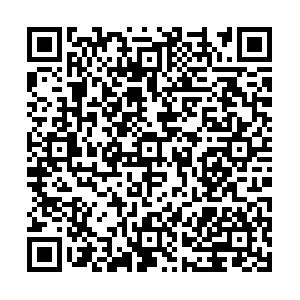儒家伦理的现代认同危机及现实回应
Modern Identity Crisis and Realistic Response of Confucian Ethics
-
摘要: 在“五四”新文化运动过程中,儒家伦理出现严重的认同危机。认同危机的实质是中国文化生态失衡引发的主体精神紊乱−生存意义的遮蔽和自由的丧失。其文化成因是社会的科学取向消解了伦理的神圣意义和本体承诺,把伦理抛入了主体和历史的附属物中。一旦脱离意识形态生活和公共文化生活再生产的社会结构,儒家伦理的价值理想将会失去通过制度得到普遍兑现的现实路径;同时,在多元道德语境中儒家伦理必须面对文化他者和合理化叙事模式的双重挑战。儒家伦理被现代化封存在了历史精神之中,成为个体的文化习性和伦理情结。因此,儒学必须重返生活世界,通过吸纳“社会”“历史”范畴辩证整合历史与价值的紧张,才能真正揭示儒家伦理现代化的必然性。Abstract: In the process of the May 4th New Culture Movement, the Confucianist ethics appeared a serious identity crisis. The essence of the crisis is the mental disorder of the subject caused by the imbalance of Chinese cultural ecology — the cover of the meaning of existence and the loss of freedom. The cultural cause is that the scientific orientation of the social collective dispels the sacred meaning and ontological commitment of ethics, and throws ethics into the subject and historical appendages. Once separated from the social structure of ideological life and reproduction of public cultural life, the value ideal of Confucian ethics will lose the realistic path of universal realization through the system; at the same time, in the context of pluralistic morality, Confucian ethics must face the dual challenges of other cultures and rational narrative mode. Confucian ethics has been sealed up in the historical spirit by modernization, and has become an individual’s cultural habit and ethical complex. Therefore, Confucianism must return to the life world and integrate the tension of history and value dialectically by absorbing the categories of “society” and “history”, so as to truly reveal the inevitability of Confucian ethical modernization.
-
Key words:
- Confucian ethics /
- modern identity crisis /
- realistic response
-

 点击查看大图
点击查看大图
计量
- 文章访问数: 3013
- HTML全文浏览量: 405


 下载:
下载:
 沪公网安备 31010102003103号
沪公网安备 31010102003103号